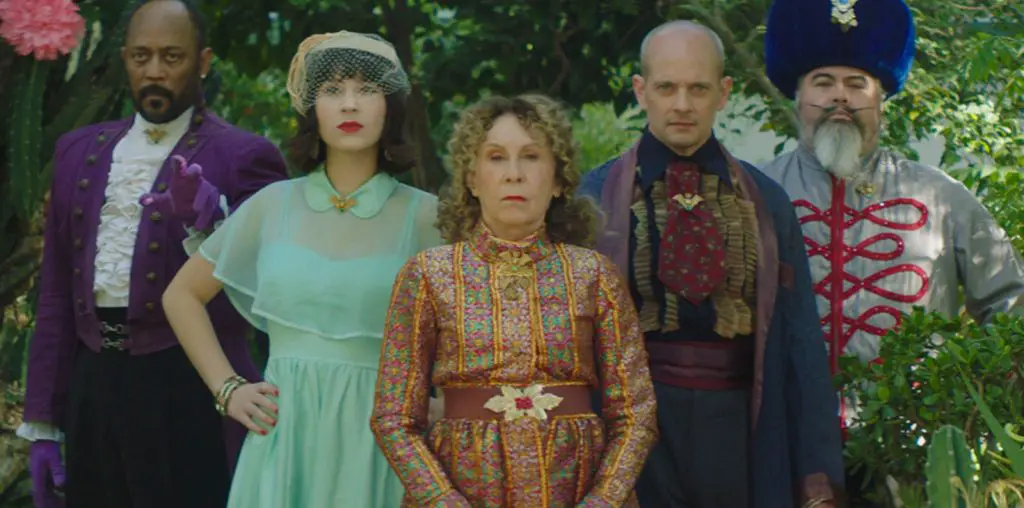
It’s a new year, so let’s run through those sports movie clichés one more time. First, you have to have the underdog angle: nobody wants to see a movie where the Austrians win the Olympic bobsled race, which is where we get movies like “Cool Runnings.” Next, there should be a seemingly unbeatable adversary, preferably with reprehensible character traits, even if that just means they’re insufferably cocky because they never lose. Finally, we need a team of underdogs, usually misfits and/or malcontents, who can somehow find it in themselves to band together and win it all.
Oh, and it doesn’t hurt if the whole thing is based on a true story.
“Glory Road” is the story of the 1966 Texas Western University Miners, at the time the only team in the South with black starting players, who improbably went on to beat perpetual NCAA powerhouse Kentucky – coached by four-time champion Adolph Rupp – for the national title. The Miners were given no chance of winning, thanks to the fact that black players supposedly lacked the intelligence and the heart to handle basketball on a national stage. In response, Texas Western coach Don Haskins started an all-black team against all-white Kentucky, defeating them, and forever altering the landscape of basketball.
You’d think, with a legend like this to work with, Disney couldn’t possibly screw it up. If so, you’ve obviously forgotten the truly preternatural ability to leech the very soul from everything they touch that celluloid vampire Michael Eisner and his cronies have. First-time director James Gartner has managed to whittle away whatever was compelling about the 1966 Miners championship run in order to cram their tale into the rundown Walt Disney mold, where competent storytelling and honest examination of the issues at play (specifically, the virulent racism faced by both the players and Coach Haskins) give way to the same blueprint the studio has used for every sports movie from “The Mighty Ducks” on.
Josh Lucas, to his credit, gives what is probably the best performance of his career as Haskins, even when you ignore the extra 30 pounds he packed on to resemble the actual 1966-era Haskins. He was a good coach who knew when to push his players and when to back off while they did their thing, and Lucas gets him right. On the other end of the court, Rupp is predictably dismissive of the upstart coach and his “boys,” and Jon Voight is almost unrecognizable under Rupp’s big nose and ears. It’s safe to say that, between this and his portrayal of Bud Kilmer in “Varsity Blues,” Voight is the front runner for every Evil Coach role until the end of time.
It’s fitting that the film opens with the standard ‘60s montage of stock decade footage set to Motown music, because “Glory Road,” like just about every sports movie released these days, is a complete thematic retread. And if the cookie cutter characters (the hotshot guard who just wants to “play his game,” the tough center, the city kid, the guy who needs someone to believe in him) haven’t dumbed things down enough, Gartner conveniently provides the audience with running commentary from the courtside announcers, who offer astonishing insights, such as, “They’re not playing like a team,” or, “It’s every man for himself out there.”
Texas Western’s defeat of Kentucky in 1966 was one of the most incredible upsets in history, and rocked the sports world to its very foundations. The real Bobby Joe Hill, David Lattin, Orsten Artis, Harry Fluornoy, Nevil Shed, Willie Worsley, and Willie Cager deserve better than this formulaic by-the-numbers treatment.
Disagree with this review? Think you can write a better one? Go right ahead in Film Threat’s BACK TALK section! Click here>>>

